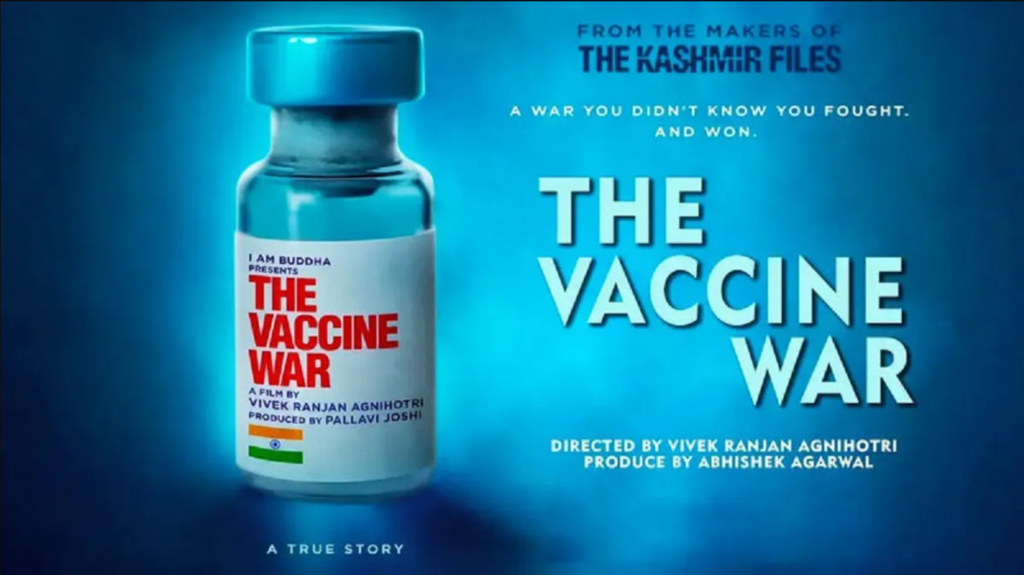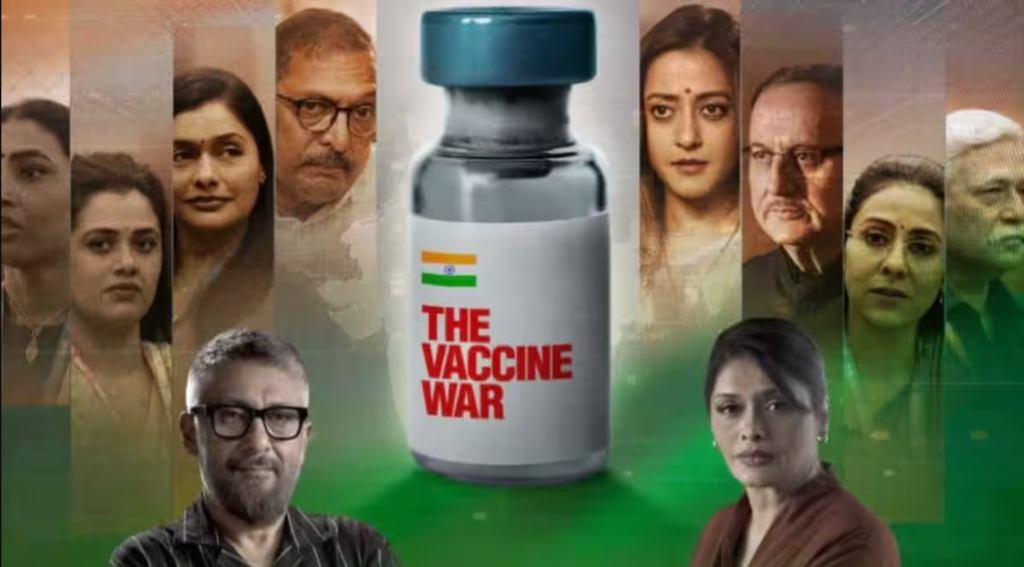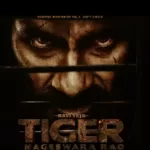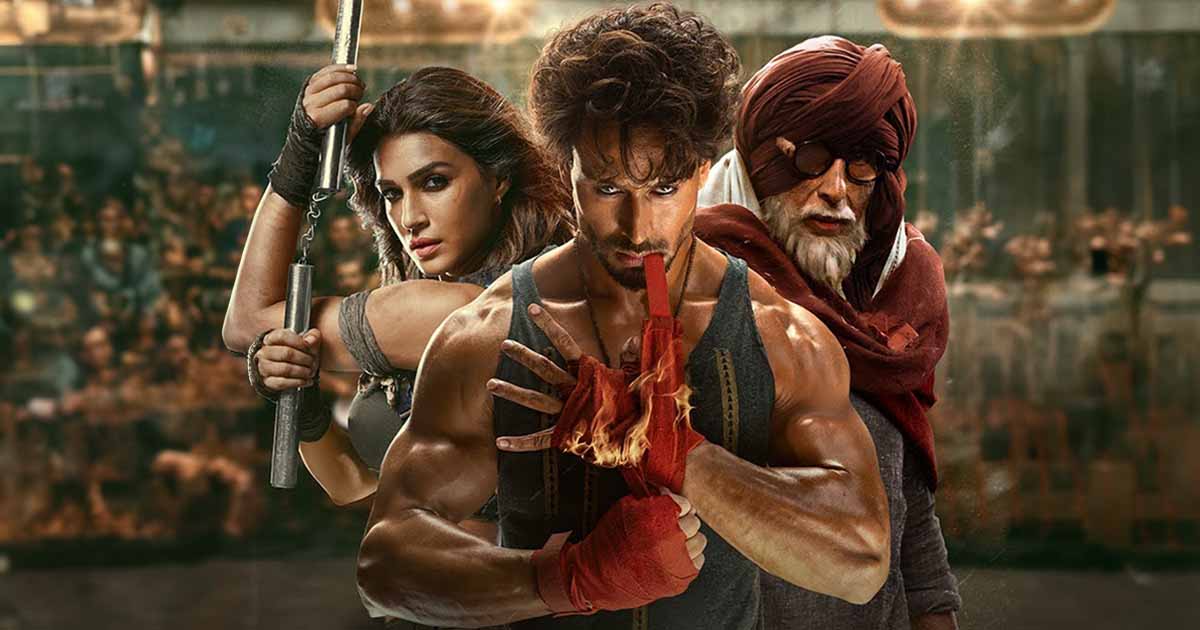In recent times, the COVID-19 pandemic has had a profound impact on our lives, causing loss and suffering. The movie “The Vaccine War” seeks to shed light on the development of India’s indigenous COVID-19 vaccine, Covaxin, which was created in collaboration with Bharat Biotech, ICMR, and the National Institute of Virology. Based on Prof. Balram Bhargava’s book “Going Viral,” who serves as the Director General of the Indian Council of Medical Research (ICMR), the film aims to recognize the tireless efforts of India’s scientific community, the unsung heroes behind this remarkable achievement.

However, “The Vaccine War” is a double-edged sword. It can be emotionally triggering, particularly for those who have suffered personal losses during the pandemic. The film is a medical drama that spans a lengthy 2 hours and 40 minutes, chronicling the events that transpired in India following the outbreak of COVID-19 in Wuhan, China. It also serves as a platform for the government to counter criticisms of its handling of the pandemic.
The film can be divided into two distinct halves. The first part attempts to humanize the scientists, providing insight into their lives and the challenges they faced. The second part, however, takes a different direction, transforming into a government propaganda piece that aims to absolve the authorities of any wrongdoing. This transition from sincerity and human emotion to a one-sided defense of the government weakens the film’s impact.
One of the film’s weakest points is its portrayal of the media as malicious and suggests that they are responsible for spreading misinformation. It goes so far as to imply that the media is controlled by foreign powers, a claim that lacks substantial evidence. The film attempts to delegitimize certain journalists and their ideologies, labeling them as “prejudiced,” but ironically, the film itself is guilty of a one-sided perspective.
The film delves into conspiracy theories, including the possibility of China deliberately leaking the virus, pharma lobbies, media trials, and their alleged connections with foreign powers. However, these claims come across as opinionated rather than factual. The film dismisses opposing views, reinforcing its anti-Bharat (anti-India) narrative.

Despite these drawbacks, “The Vaccine War” has its merits. The script draws inspiration from real characters, portraying their everyday challenges and the dynamics within their workplace during a global crisis. It effectively captures the internal communication, organizational chaos, and conflicts that arose during this critical period. Technically, the film is well-executed, showing an improvement in the director’s recent work. The performances of Nana Patekar as Dr. Balram Bhargava (DG-ICMR) and Pallavi Joshi as Dr. Priya Abraham, Director-NIV, are exceptional. Girija Oak Godbole also delivers an effective performance as Dr. Nivedita Gupta (ICMR).
The film engages the audience by spotlighting the Indian scientists and their incredible dedication. However, it occasionally oversells the “atmanirbhar” (self-reliant) sentiment during a global crisis that resulted in substantial loss of human lives, which may come across as immature.
In conclusion, “The Vaccine War” offers a one-sided perspective on a critical subject. While it excels in portraying the efforts of Indian scientists, it falls short in its approach to addressing media and government issues during the pandemic.










